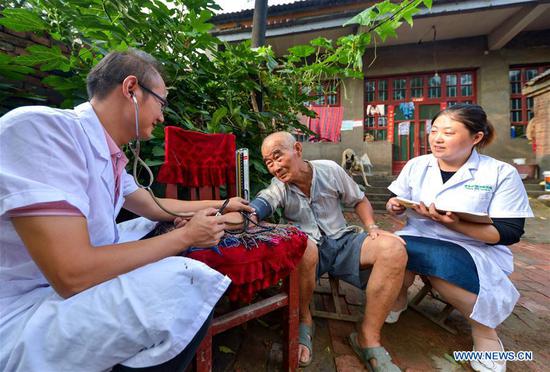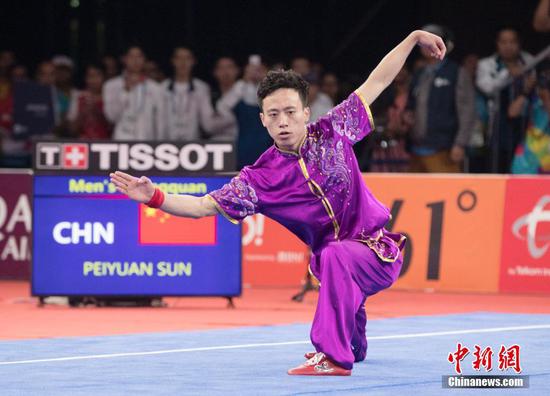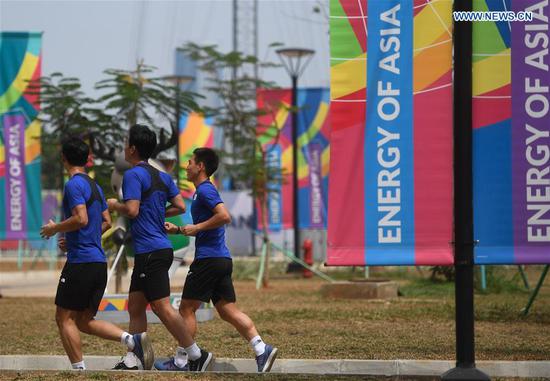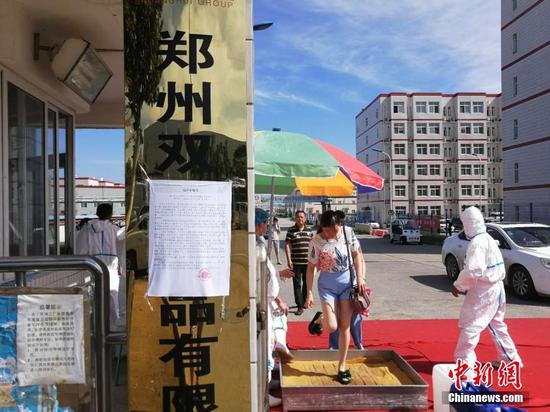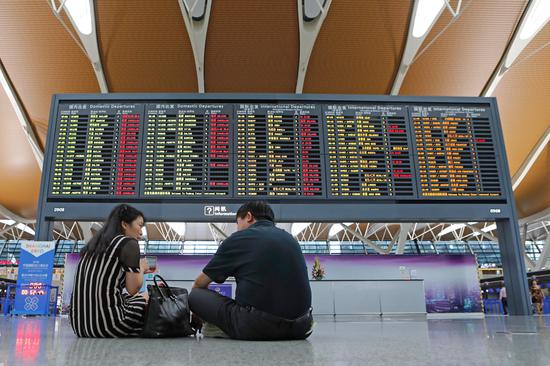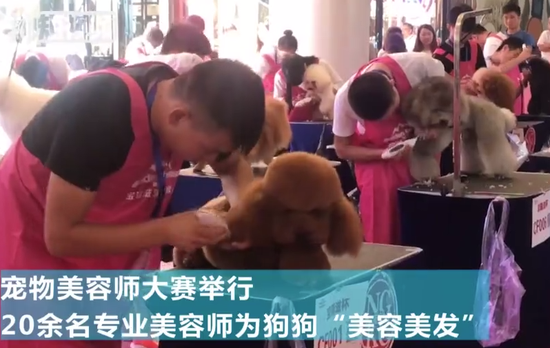Bristol-Myers Squibb Co Ltd, a global biopharmaceutical company, will launch the first immuno-oncology cancer treatment product in China, aiming to become more diversified and specialized in the Chinese market, the company's top management said.
"The initial purpose of the company's strategy is to stay competitive," said Shirley Zhao, president of BMS China. "We need to become more flexible and specialized in order to meet the local demand."
Such an approach will enable the company to focus on several disease treatment fields, including the treatment of viral hepatitis and cardiovascular disease and the development of immuno-oncology and immunology science, she said.
According to Zhao, Opdivo, the soon-to-be-launched immuno-oncology non-smallcell lung cancer, or NSCLC, treatment product, will become a strategic move for the company to rejig both its product line and business model in the Chinese market.
"Opdivo puts BMS in a leading position in the field of immuno-oncology cancer treatment, boosting our confidence to develop more products," Zhao said. "The medicine will be the first of a series of immuno-oncology cancer treatment products to appear in the Chinese market."
So far the medicine has included more than 25,000 patients in its clinical research and development project, gaining license in more than 60 countries and regions in the world, including the U.S., the EU, Japan and China, the company's statement said.
According to a report published in China Cancer, a journal focused on the prevention and treatment of cancer in China, the battle against lung cancer has always been the most challenging one due to the disease's top morbidity and mortality rate among all kinds of cancer.
In China, 781,000 people are diagnosed with lung cancer each year, and the number will rise to 800,000 in 2020, the report said. According to World Health Organization data, 1.7 million people die because of lung cancer each year.
As the most common type of lung cancer, NSCLC has accounted for about 85 percent of all lung cancers, with the five-year survival rate being less than 5 percent in the end-stage period, the report said.
"Recent clinical data showed that Opdivo could lift the survival rate to 16 percent, and it has less negative effects and longer curative effect," Zhao said. "As a result, we are confident that it will meet the patients' need in China to extend survival time and improve quality of life."
As the first immuno-oncology treatment product that will appear in the Chinese market, Opdivo is expected to become the new standard in the second-line treatment for NSCLC, according to Wu Yilong, chairman of Chinese Thoracic Oncology Group.
Since BMS entered the Chinese market 30 years ago, it has launched about 40 prescription and non-prescription medicines, covering the treatment fields of chronic heptatis B, cardiovascular disease, diabetes, tumor and antibiotics, the company's statement said.
Apart from the treatment of lung cancer, BMS is also exploring immuno-oncology treatments of liver cancer, stomach cancer, esophagus cancer and other high-incidence cancer, Zhao said.
"Currently, we are conducting more than 20 clinical research projects in China. Through the improvement of medical service and the availability of innovative medicine, we hope to bring patients better clinical benefits and experience."














